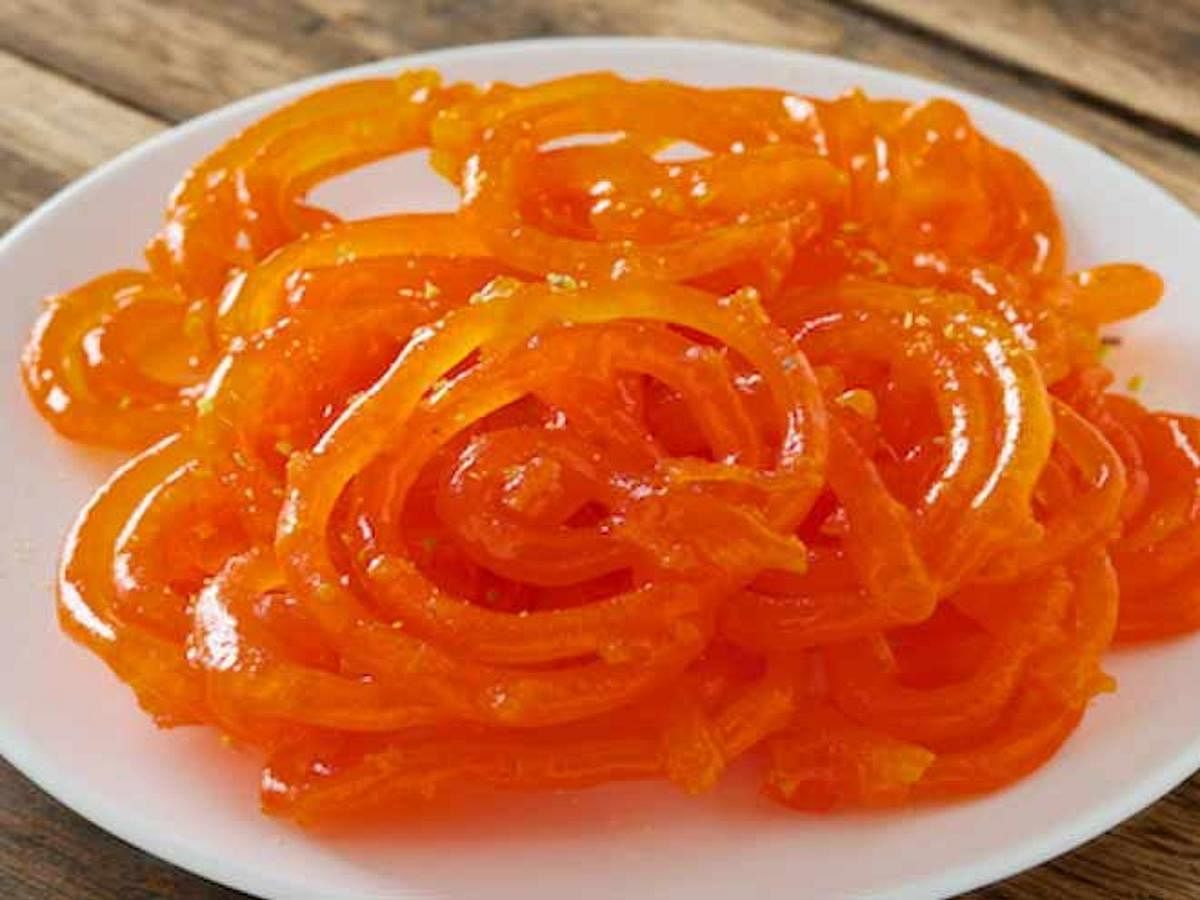
Indians take great pride in their distinctive and diverse cuisine. How can they not be? India, after all, has a highly rich and diversified culinary legacy, with some dishes being universally well-known and others being veiled in general obscurity. Together with Bollywood and tourism places, Indian food is the #1 draw for foreigners. Unexpectedly, many of the meals that have become a staple of our everyday lives in India are not native to the country. These dishes are challenging to guess. Continue reading to learn more about certain foods we falsely believe to be indigenous but aren't.
Samosa
Samosas are a common breakfast and teatime food in Indian households. This popular dish has Iranian origins. The Hindi word "samosa" comes from the Persian word "sambusak." Although minced meat was the samosa's original filling, it is now regularly filled in modern India with potatoes, cheese, peas, ginger, garlic, tomatoes, onions, and chilli.
Jalebi
This sweet treat, also called as jilapi in Bengal and jelepi in Assam, is a favourite dessert of Indians. Jalebi had its historical debut in the Middle East. The Arabian cookbook "Kitab al Tabikh" mentions a similar dish called zalabieh in the Middle East.
Biryani
It is supposed that the Mughals introduced biryani to the locals, though its precise origins are uncertain. The present type of biryani developed gradually in the kitchens of the Mughal emperors.
Vindaloo
Vindaloo, also known as Vindalhu, is a well-known Goan curry dish. This Goan delicacy is derived from a very related Portuguese dish called "carne de vinha d'alhos." For those who are unfamiliar, this delicacy is pork that has been marinated in vinegar or garlic.
Chicken Tikka Masala
However, shocking it might be, its true, chicken tikka masala is not Indian. It is said to have been invented by a Bangladeshi chef in Glasgow, Scotland, in the latter half of the 20th century.
Rajma
It was created in Mexico. It is thought to have been brought to Europe by the Portuguese, the first colonisers, who are thought to have travelled from North America to Europe and then brought it to India.
Gulab Jamun
This juicy ball was once thought to be an Indian food, but evidence suggests that it really originated in Persia or the Mediterranean and was brought to India by Turkish emperors. The words "gol" and "ab," which mean "scented rose water" in Persian, are the origin of the phrase "gulab jamun."
Tea
Are you aware that chai originated in China. The earliest tea artefacts were found in the tomb of a Chinese emperor from the Han dynasty. During the Tang Dynasty's rule, Chinese royalty enjoyed drinking it.
















